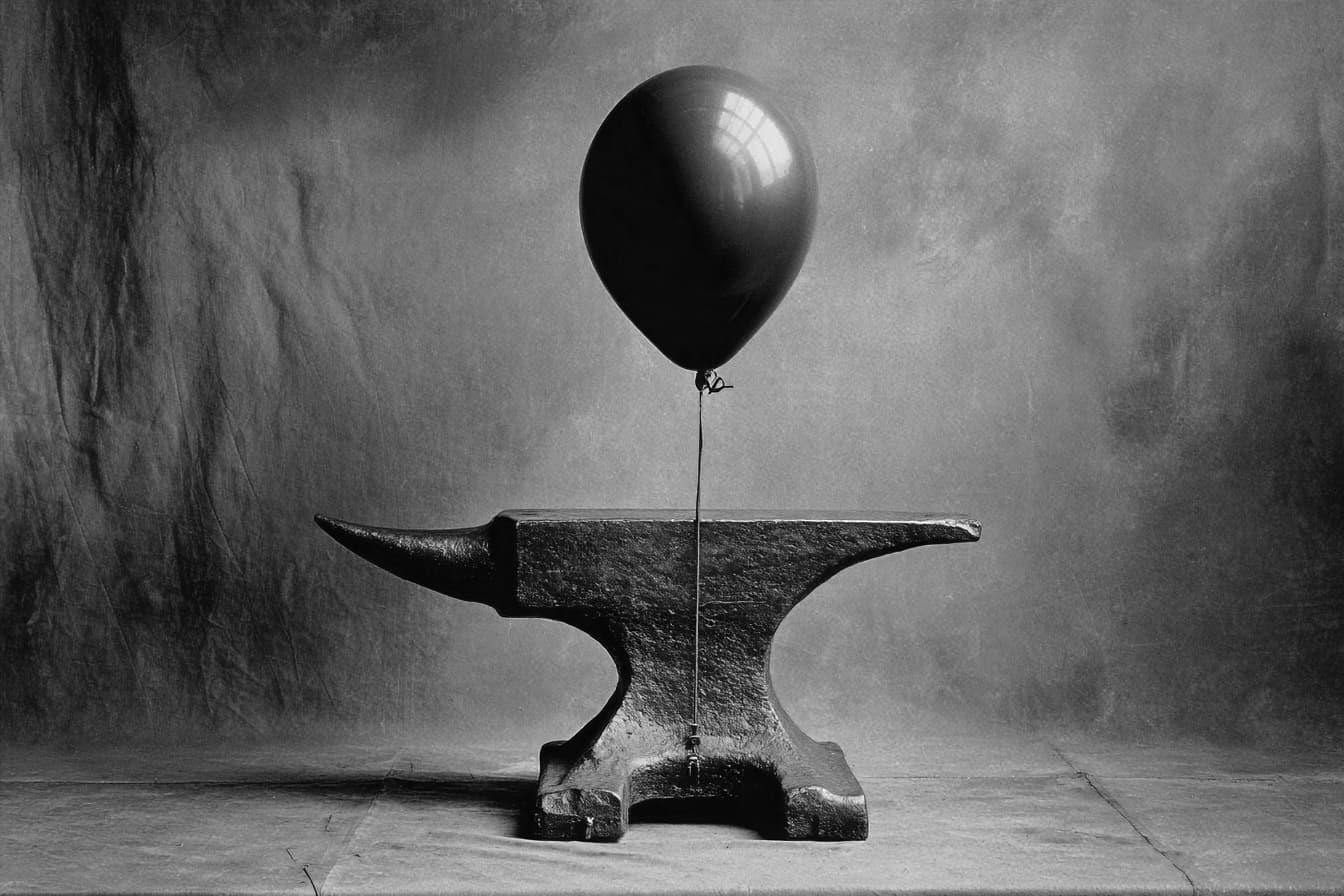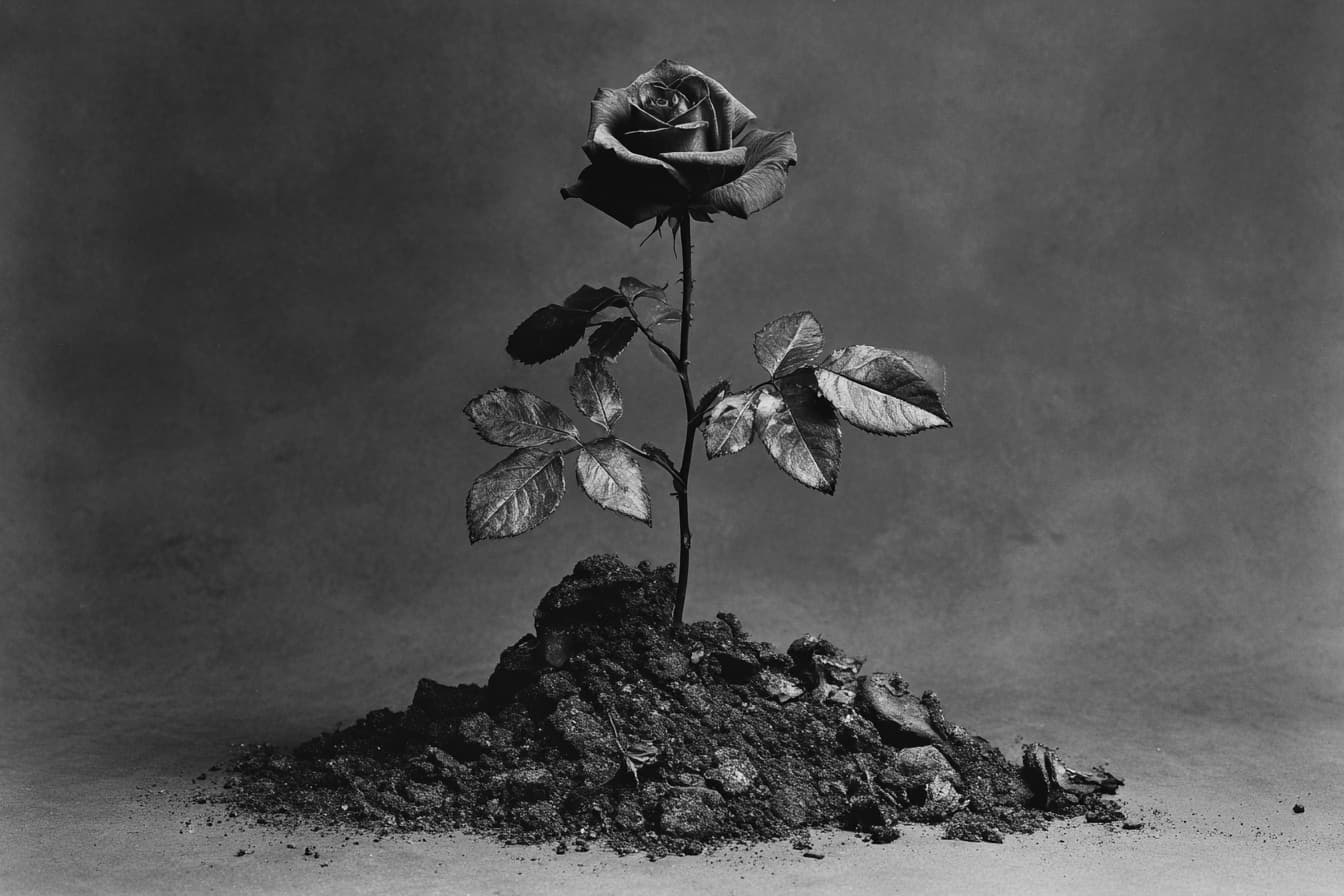From the Porch to the Street
Dear J,
To answer your question, I haven’t much felt like it. I’ve been quiet, because there hasn’t been much to say, and I haven’t been looking for things to say. Of course, Twitter is a megaphone, so there is a small temptation to say something into it, even if it is just braying to hear your own voice loud, so…
Whenever I log in to Twitter, I think, “Where did all my friends go?” Now, my feed is mostly the strangers talking. That’s fine: my friends and I find other ways to keep in touch. Although, I do miss having that bizarre, constant contact a feed gives you. Maybe too intense. Maybe unhealthy. Not sure. Having a Twitter account with a decent number of followers is a high-maintainence relationship. I can’t blame my friends for clamming up. I remember last year catching myself: I was composing a tweet in my head while eating breakfast. I felt sick to my stomach and couldn’t finish. Since then, I’ve clammed up, too.
Have you heard of evaporative social cooling? It says the people who provide the most value to a social group or organization eventually burn out and leave, undermining the stability and progress of the group. Most of my internet friends have been on Twitter since 2008, so they probably fall into this group. How much more is there left to say?
We concede that there is some value to Twitter, but the social musing we did early on no longer fits. My feed (full of people I admire) is mostly just a loud, stupid, sad place. Basically: a mirror to the world we made that I don’t want to look into. The common way to refute my complaint is to say that I’m following the wrong people. I think I’m following the right people, I’m just seeing the worst side of them while they’re stuck in an inhospitable environment. It’s exasperating to be stuck in a stream.
Here’s the frustration: if you’ve been on Twitter a while, it’s changed out from under you. Christopher Alexander made a great diagram, a spectrum of privacy: street to sidewalk to porch to living room to bedroom. I think for many of us Twitter started as the porch—our space, our friends, with the occasional neighborhood passer-by. As the service grew and we gained followers, we slid across the spectrum of privacy into the street.
Of course, the things you say on your porch are much different than what you’d say on the street. But if the porch turned into the street without you noticing, there’d be a few painful months before you realized you needed to change how you spoke. I remember the first few times I was talking to friends (forgetting the conversation could be viewed by those who followed both of us), only to have strangers piggy-back on our grousing. It felt like a violation. But that’s on me for participating in a kinda-private, kinda-public conversation.
For the better part of a year, I’ve been trying to make Twitter feel like talking on the porch again, but it just can’t happen. Twitter isn’t talking for anyone with more than 500 followers—it’s publishing or advertising. We’re all on the street, and it’s noisy.
This may be overstating or overthinking the situation. Twitter is just a website. Yet, I can point to many opportunities, jobs, and (most importantly) friendships that sprung from it. Some married friends met on Twitter. It’s tempting to give an importance to the service for those of us who joined early and were able to reap these benefits, but that doesn’t mean Twitter needs to stick around forever. It matters. Or mattered. To me, I’m unsure which just yet.
Frank







